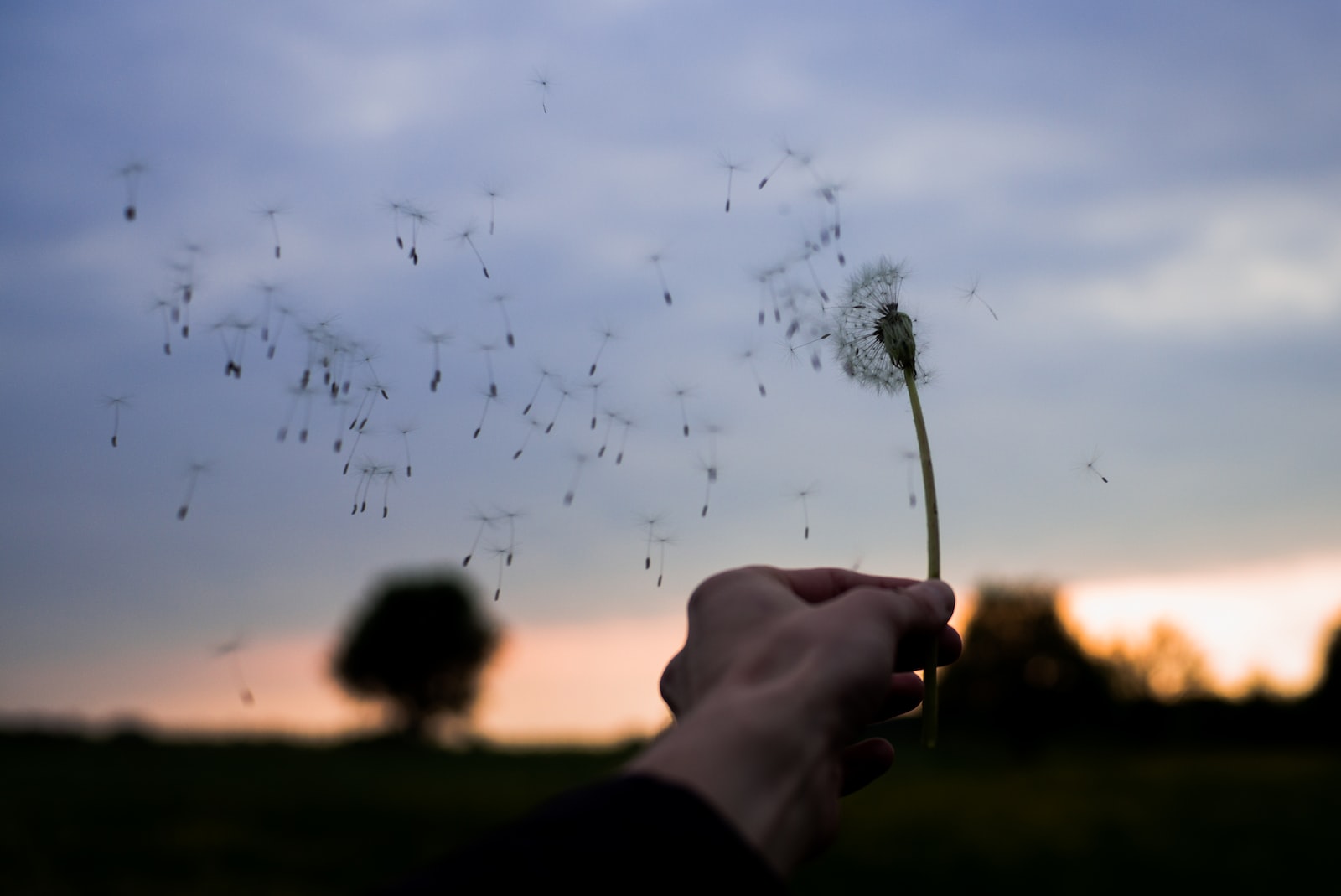A personal letter on stagnation and melancholy.
S.R.,
As you’ve often brought to my attention, but which I’ve had difficulty in assimilating, there is no reason in the world to fret, to fray, to come undone in sadness, or in grief.
It is the unfortunate reality of our composition that we are subject to these emotions,. We are prone to our own self-absorbed narratives. We play this game of “selfhood,” and not before long have forgotten that it is, after all, a game. Whether through the inimical wishes of our loved ones, or the sublimated desires of our biological imperatives, we have, subconsciously, reified a fictitious narrative – this “I” that we inhabit. It is, of course, the fact of the matter; we are in the world, we exist as beings, our lives are narratives that we constantly add to, and the facts of the world and ourselves are immense and grave. We take our own gravity as granted.
None of this can be denied in so far as it is fact. And yet, turn the matter aside a while; see the impermanence of things, our fleeting thoughts, the constant flux of the objects of our worlds. All is not vanity – that would miss a great opportunity – but levity.
The Stoics say, almost comical in how simply it’s phrased, that virtue is a life lived in accordance with nature. I think it captures the point more fully to tack on, as they often did, this little exegesis: virtue is tranquility of mind. Strip away definitions; strip away the vagrant contents of reason; all that is left is the eternal moment, and what more than that? Virtue is by the very fact that there must be a good flow of life in a world that is populated by choices and by things. Some are necessarily more prudent than others (prudence is, after all, the crown of virtue). In a more atomic sense, virtue is the complete grasp of each moment, wherein the soul suffices, so says Plato in the Phaedo, “in itself, by itself, according to itself“.
“Ten thousand things, all in one breath, grasping at emptiness.
There’s nothing really to say.”
Each day is sufficient unto itself, and each moment. And if I could tell you why that is, and how I know, I would – yet, words never suffice.
That we become so enwrapped in the trepidation of anxiety, or in the depths of depression, is to some extent voluntary. These are the natural by-products of our existence, and yet it is within our power – in a way that is subtle to the point of being almost latent – to retire for a moment and set care aside.
What is more is that there is, paradoxically, almost inanely, a faith that underlies our dreams of the world. We take our sense perceptions as real, as well as our interpretations of them. Santayana would call this, I think, our “animal faith.”
Each adversity, self-imposed by a wavering, irresolute mind, ought to be met with a kind of levity. A subtle smirk, a wink, a nod.
It is, after all, all a good show in the end.
These anxieties, this melancholy, these regrets, this longing – all are trivial affairs. Trivial, not in the sense of importance, but in the degree to which we attach ourselves to them.
A moment ago, sitting still for a moment, I recognized an intuition that underskirts my more lucid moments – all is well, and all is right, and these things that we aggrandize with so much meaning and magnitude to the point of sickness, needn’t be taken so.
There is a levity to our lives that, I think, is realized only when we reflect upon, to borrow a phrase, the “unbearable lightness of being”. And yet nothing makes being so unbearable as ourselves.
Breathe a little, and just, to borrow your phrase which I find quite charming,
“Trust the winds that move.“
Sincerely,
George
